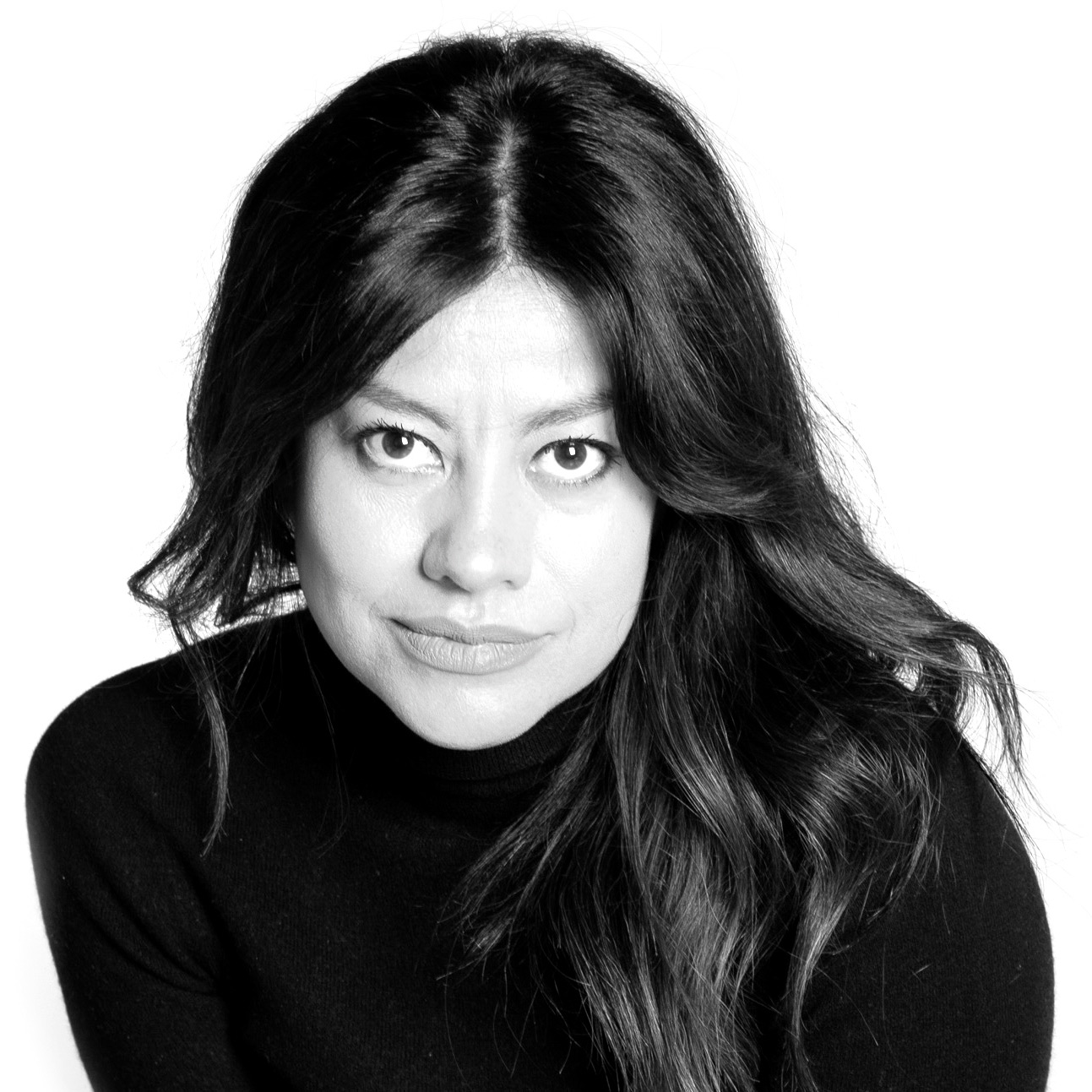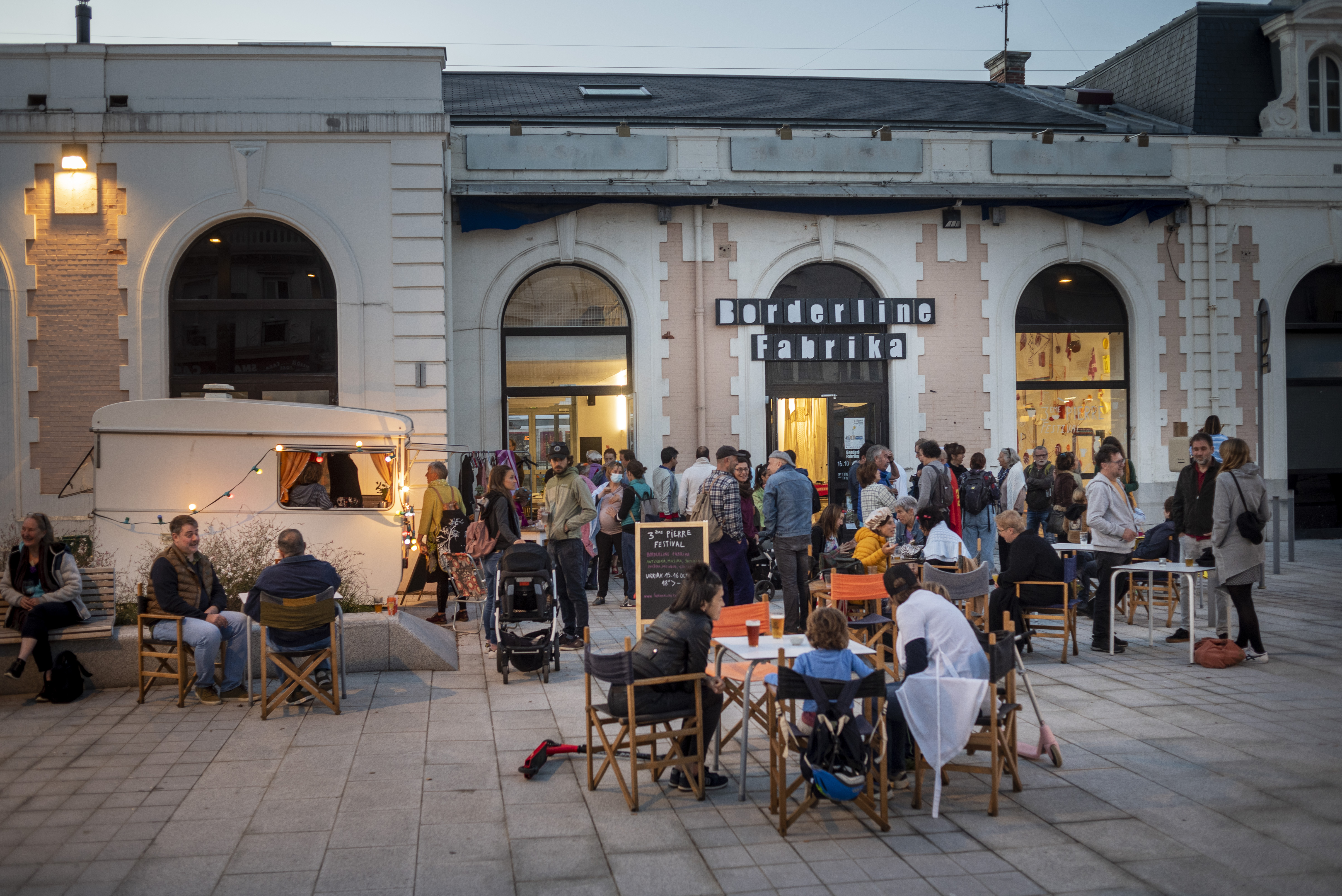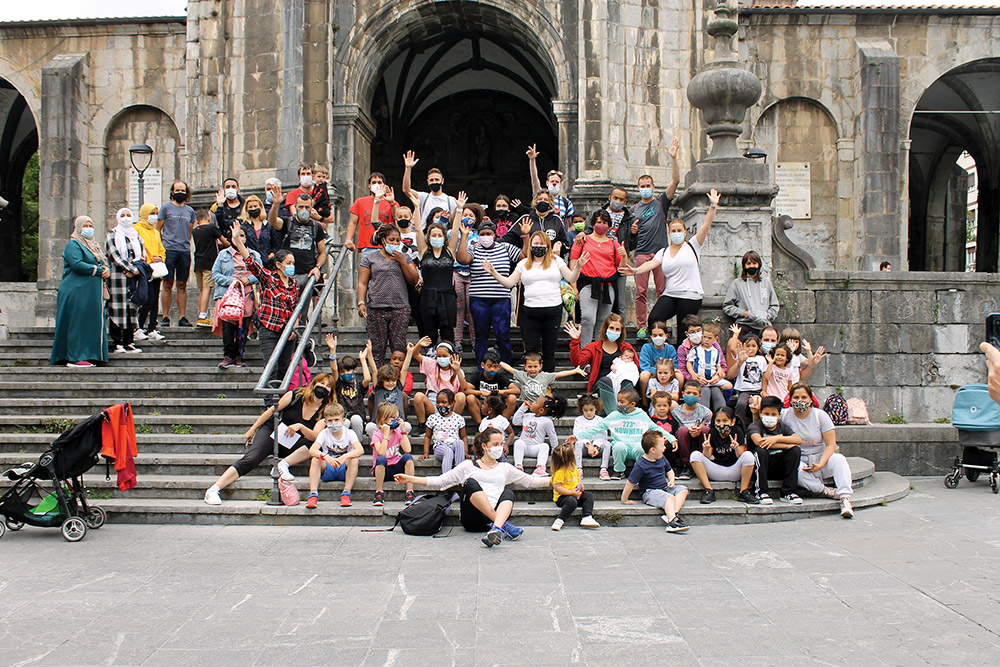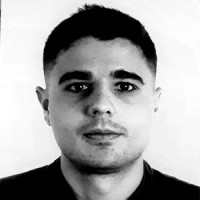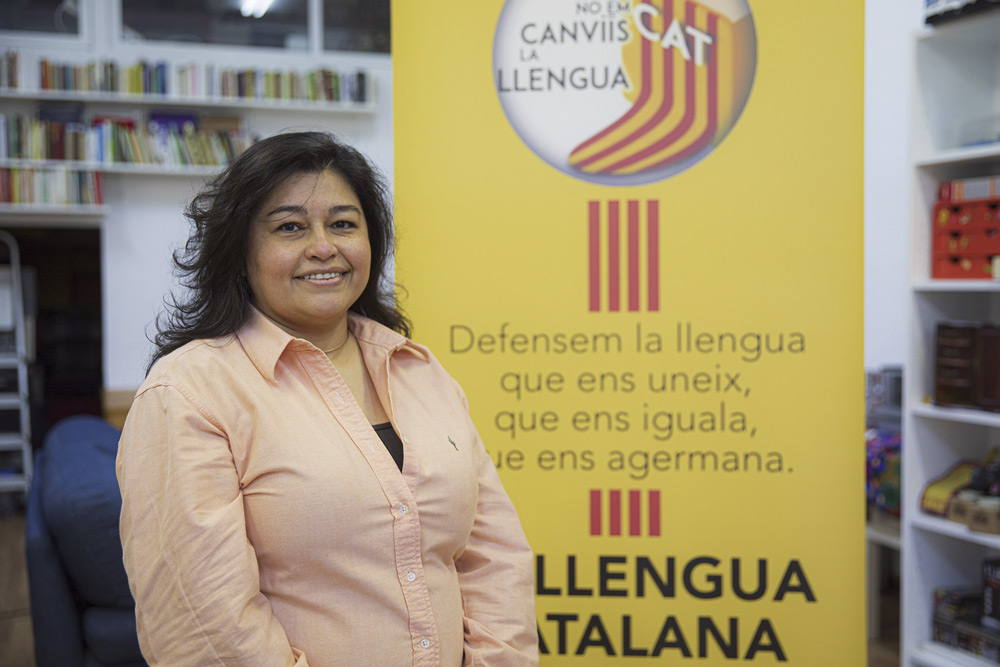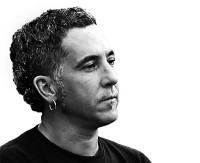"Nobody in this hairdresser is illegal."
- The Haizeak is a community hairdresser that will be opened in the Donostiarra district of Gros. It is a project initiated by five people, but which aims to be a project that integrates different cultures and is attracted to the neighborhood.

The team of ₡Haizeak consists of a group of people who have participated in the fight against razism. All of them have known people who are experiencing exclusion and repression in different countries of the world, and that is what has united them: “The things we have done in the past have brought us here; I met Mohsin [Chargui] in Tangier [Morocco].” Although at first they were more teammates, they considered it necessary to form a motor group. Maialen Manga Urkzuo, Mohsin Chargui, Goizeder Barcia Rodriguez, Ander Mugika and Zakara Laassri are the components of the motor group that will be in the group from now on.
In short, this project aims to make it easier for people without papers: “To be a citizen of this system you need a work contract, but in many cases many people in this situation do not have a work contract.” In this way, everyone who needs it will be offered the opportunity to work on it. It responds directly to the problem with regard to other projects. “In this neighborhood there are many people who cannot live free and quiet. We want this space to be safe.” They know that that answer is going to have limits, but they're going to try to provide resources. However, they want it to be a project without paternalism or hierarchy.
In these years, they have met many young Maghreb people and have known their situation very well. “In this culture, hairdressers are a space to socialize, for example to talk about what is happening in the neighborhood,” says Chargui. That's why they've chosen the hairdresser model to run the project. “Hairdressers are not like shops: you usually go in and spend a while there, talking very carefully,” he adds.
Thus, the hairdresser allows to create an open project, create interviews and meet people from different cultures. In other words, it can be a space to strengthen the community.
It is curious that we have chosen the hairdressing model, it is an innovative proposal. Manga said that he had referred to Madrileños who met in Ceuta (Spain) and who have been arrested. In Getafe (Spain) a hairdresser named Makuum was opened a few months ago and the idea was moved to Donostia-San Sebastián.
At first they struggled to find the right name, but one day they realized that the word scissor contained everything. “Scissors are used to cut and transform, and we want to cut a lot of things,” he stressed. They identify it as a symbol of change. At the same time, they thought it appropriate to imagine that, being the wind something that moves in space, they want to expand their project and transmit their point of view to others. So, with this game of words they have given it the name of ₡Haizeak.
Settlement project in the neighborhood
They have different reasons for saying that the project is Community. On the one hand, it will be carried out through self-financing, as they will not receive money from associations or institutions. The project will be built from the contributions of the neighbors and neighbors. On the other hand, they want anyone who wants to be a project that takes on and, to do so, to become an open space. “We want it to be a space for the anti-razor struggle, both in Gros and in Donostia.” In addition, they know that antirazism is not going to make the way alone, and they plan to do feminist work in this space: “It will also be a space to cross the different movements and struggles of Donostia.”
The hairdressing room is located next to the Pandora bar in Gros. Repair works are about to start and will be opened in September. They are in the process of financing in order to be able to pay for the works to be carried out in August. Both on social networks and in the brochures they have disseminated, they have put an account number so that people can make their contributions. Chargui says they need an economic boost.
Gizakiok berezkoa dugu parte garela sentitzeko beharra. Parte izateko modu hori jasotako hezkuntza, ingurua... formateatzen joaten da.
Identitateak ezinegon asko sortzen du gizakiongan. Batzuetan, banaketak ere eragiten ditu, ezin dugulako jasan beste baten identitatearen... [+]
International Migrants Day is celebrated on 18 December. Last year, an institutional event was held at the Alhóndiga in Bilbao in cooperation with the social partners and I was invited to participate. There I had an unbeatable opportunity to meet new creators and, above all, to... [+]
Dorleta Mikeok esango digu elkarrekin baina nahastu gabe bizi garela, ez dagoela bizikidetzarik bertakoen eta beste jatorri batzuetatik etorritako familien artean. Mikeo eta Lola Boluda Donostiako Egia auzoan, Aitor ikastolako jolastokian, abiaburua izan zuen egitasmoa garatzen... [+]
The current Basque society is culturally very diverse, people from different backgrounds live in the municipalities, and our centers have noticed this cultural diversity, as in recent courses the enrolment of foreign students has increased considerably. According to the latest... [+]
Rosario Palomino Liman (Peru) jaio zen eta 30 urtetik gora daramatza Bartzelonan bizitzen. Katalanez erraz egiten du, eta hala ere, katalan hiztunek gaztelaniaz egiten diote, kanpotar itxura duelako. Badaki errespetuaren izenean egiten diotela gaztelaniaz, baina bera... [+]
But the rain has come at the end: How to hold Euskal Herria so green, if not,” they say. And he really has it. But in our mother's country, the earth acquires a dark tile color when it rains, as if it wasn't very clear what it's made of: tiles by land or tiles. Green meadows are... [+]
Serious situation? To whom is the extremely serious situation addressed? Who cares? If the 2018 studies, studies and surveys show that the Basque lives behind his culture, who cares?
My friend told me what it's hard to get together, at dawn, when we were in Azpeitia Square... [+]










